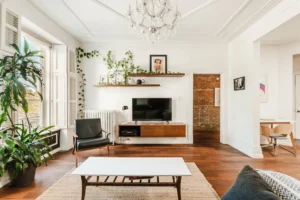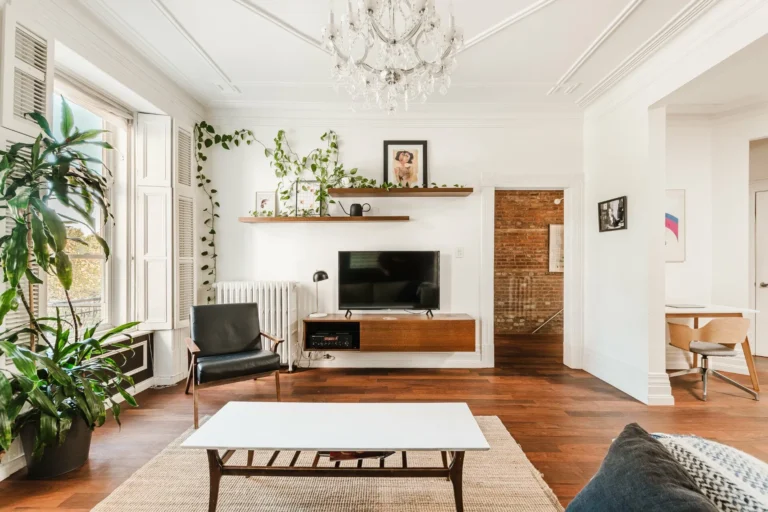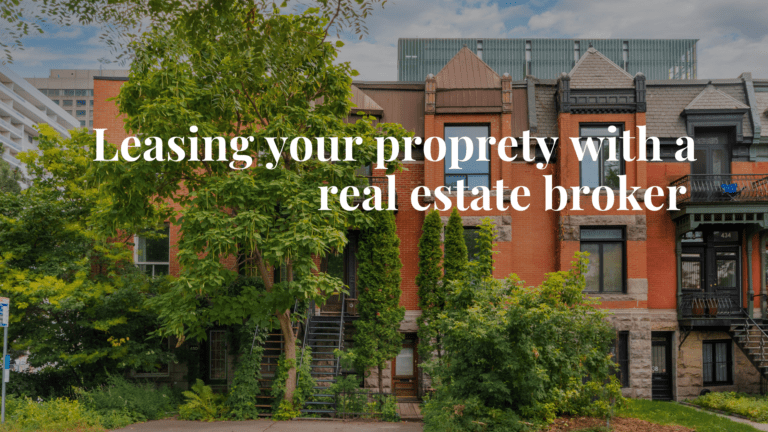Cost of buying a home - Key informations
Buying a property with a real estate broker is an important event in anyone’s life. However, it requires many additional costs to the house itself. A budget must therefore be planned for this important transaction. Here is a summary of the costs for a buyer when purchasing a home.
Pre-purchase inspection fees
When buying a property with or without a real estate broker, it is important to hire a home inspector who will assess the condition of the property in question. It is recommended that the inspector be part of a professional order. It should be noted that there is no Order of Inspectors. However, there are associations like the Association of Building Inspectors of Quebec (ABIQ) or orders like the Order of Architects or the Order of Engineers of Quebec in order to find the appropriate inspector for the type of property to inspect. Thus, this provides additional protection for the buyer. The cost for the inspection will vary depending on the size of the property, its age and dimensions.
The inspector will be able to determine whether the property presents problems that were not observed during the brief visit to the building. With the pre-purchase inspection, the inspector can also detect hidden defects. The inspector will then make his written report. Depending on the results of the inspection report, if these prove to be problematic, then the buyer may revise the price of the property downwards or even withdraw from the offer to purchase. For more information on withdrawing from an offer to purchase after an inspection, please read our blog article on the subject.
The notary fees
Once your offer has been accepted with your real estate broker on your desired property, you must book a a notary to formalize the real estate transaction. The choice of the notary is determined by the buyer. The cost of the notary’s fees will depend on different factors like region, number of homes, type of property etc.
The notary will prepare the deed of sale, the deed of mortgage loan and will publish the deed of cancellation with the Land Regime. Land tenure is a report that determines property rights. The act of radiation in the Land Regime then allows the removal of the right to property. The notary then formalize the sale of the property.
Taxes
Taxes will vary depending on the value of the property and the area in which the property is located.
Property transfer duties
After the notarized deed of sale, the new buyer must pay property transfer duties to the municipality. The amount of the duties will depend on the value of the property. Indeed, a percentage will be imposed on different price brackets.
For the first $ 50,000 bracket : 0.5%
For an amount of $ 50,000 to $ 250,000: 1%
For a bracket of $ 250,000 or more: 1.5%
For a bracket of $ 500,000 or more (in Montreal): 2%
Property transfer duties are compulsory and payable only once after the deed of sale has been notarized.
School and municipal taxes
School and municipal taxes are taxes that must be paid each year. The municipal tax period begins on January 1st and ends on December 31st inclusive. The school tax period begins on July 1st and ends on June 30th inclusive.
These taxes help, among other things, finance various services such as road maintenance and repair, heating of schools and public transport. When buying a property, the future owner becomes aware of these amounts.
The school tax statement indicates the amount to be paid annually. It also shows the evolution of the value of the property in recent years. The municipal tax bill details the amounts imposed by the municipality and the borough. It is the notary who will calculate the amount of taxes to be paid at the time of the transaction for the new buyer. Your real estate broker can help you and explain the intricacies of these fees.
Additional charges
In Quebec, when the seller of the property is accompanied by a real estate broker, it is important to know that the compensation of the broker-collaborator is generally paid by the seller.
The purchase of a property involves many other costs following the notary. In fact, these costs can range from moving, to renovating the property, buying appliances and home insurance. However, these costs are necessary to acquire the dream property.
Buying a property with or without a real estate broker involves different costs. These costs range from the down payment, pre-purchase inspection fees, notary fees, taxes (property transfer duties, school and municipal taxes), as well as other additional costs that may be payable following the acquisition of the new property.
The down payment
In addition of various fees, the down payment is a portion of the amount you will need to take out of your savings to acquire the desired property. The mortgage loan insurance, commonly known as a mortgage, will then pay off the remaining balance of the property.
For more information on down payments in Montreal, please read our down payment blog article.
Contact one of our real estate brokers for your questions about the costs related to the purchase of a property
Consult other real estate news

Réformes hypothécaires : vers un accès facilité à la propriété pour les Canadiens
Dès le 15 décembre prochain, il sera plus accessible pour la population canadienne d’acquérir une propriété grâce à deux nouvelles réformes mises en œuvre par

Leasing your property with a real estate broker
Leasing your proprety with a real estate broker – Key Information Residential renting is a common practice in Montreal, both among tenants and landlords. In

Real estate overbidding: how much should a buyer offer for a property?
How much a buyer should offer to purchase a proprety – Key Information Real estate overbidding: how much should a buyer offer for a property?







